How are you voting in the cannabis recreational use referendum? PAT PILCHER outlines the issues and suggests a ‘yes’ is in order.
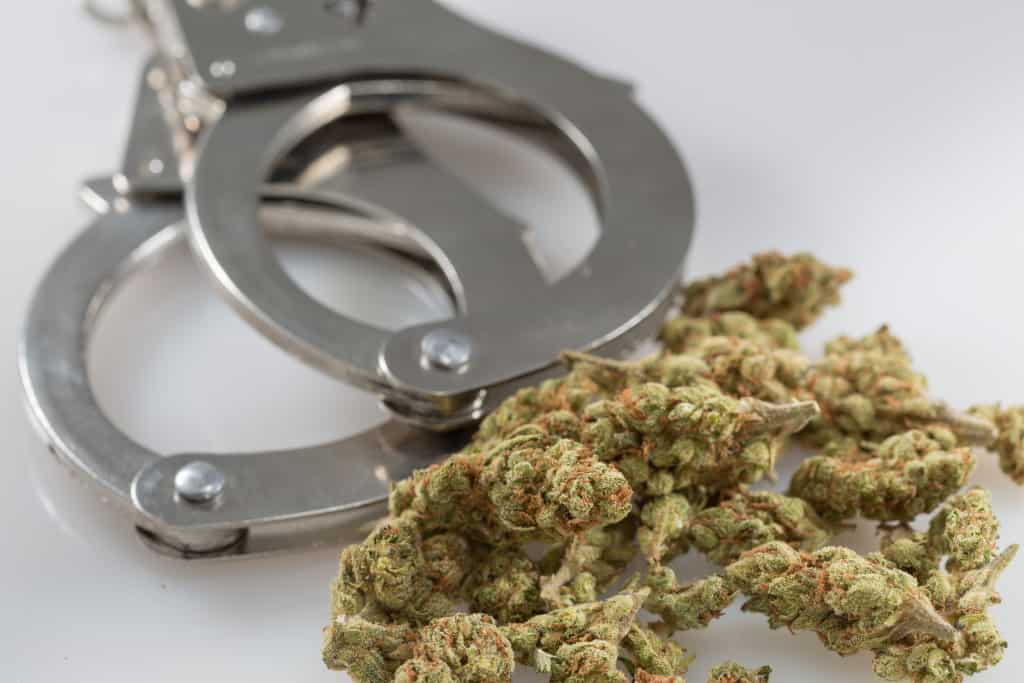
This general election, the New Zealand public gets the chance to vote on the legalisation of cannabis. It’s a hugely contentious issue that has evoked strong responses from both supporters and detractors.
Sadly, thanks to the wonders of social media, we’re also seeing a lot of noise around the issue. What is so often missing in the heated online debate is facts. While it’s easy to get caught up in the arguments, our advice at Witchdoctor is this: Take a deep breath (yes inhale), pause, and do your own research.
In the interests of balance, we’ve compiled this brief fact-based summary on why legalisation might not be as bad as detractors say.
Would you like to support our mission to bring intelligence, insight and great writing to entertainment journalism? Help to pay for the coffee that keeps our brains working and fingers typing just for you. Witchdoctor, entertainment for grownups. Your one-off (or monthly) $5 or $10 donation will support Witchdoctor.co.nz. and help us keep producing quality content. It’s really easy to donate, just click the ‘Become a supporter’ button below.
First things first, even if someone’s opinion aligns with your own, ask yourself this: How much of the proposed legislation do you know? How well informed are you of the current situation when it comes to cannabis? Answering these two questions may require a small amount of online research, but you’ll be able to vote knowing that you’ve made an informed choice.
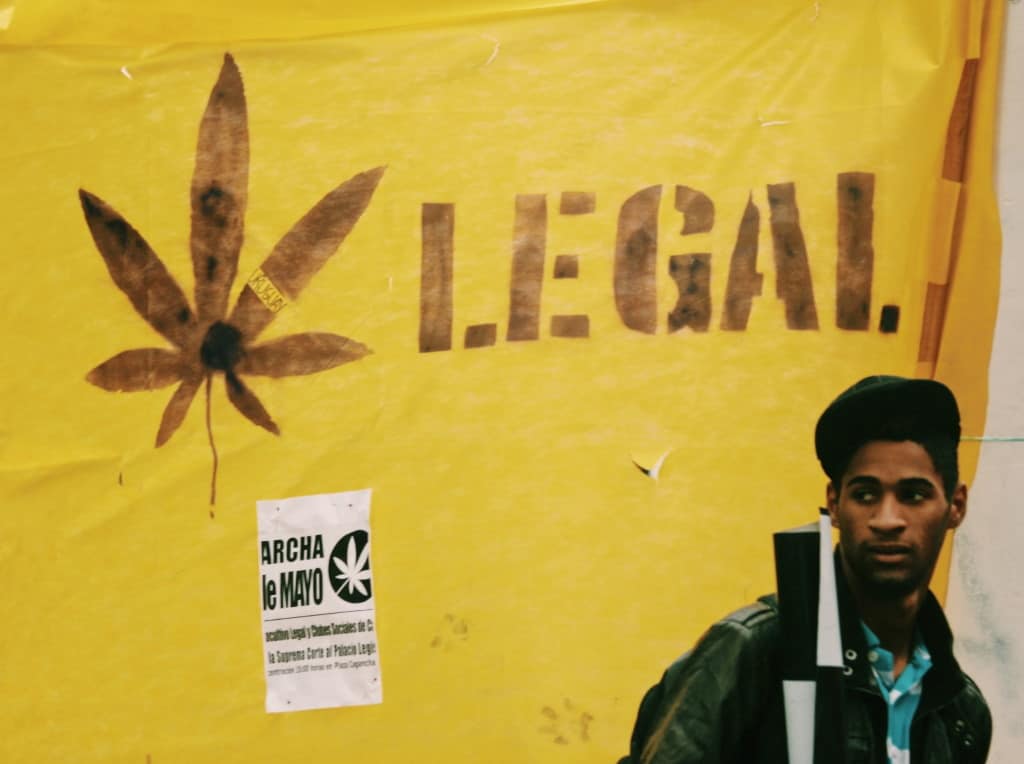
What do the experts say?
One of the more reputable non-partisan sources of information around the issue comes from the Office of the Prime Minister’s Chief Science Advisor. They say that “we provide balanced information from trusted sources that cover a broad range of areas impacted by cannabis, including health and social impacts.”
Time spent on their site could help to give you a fact-based view into many of the issues around legalising pot.
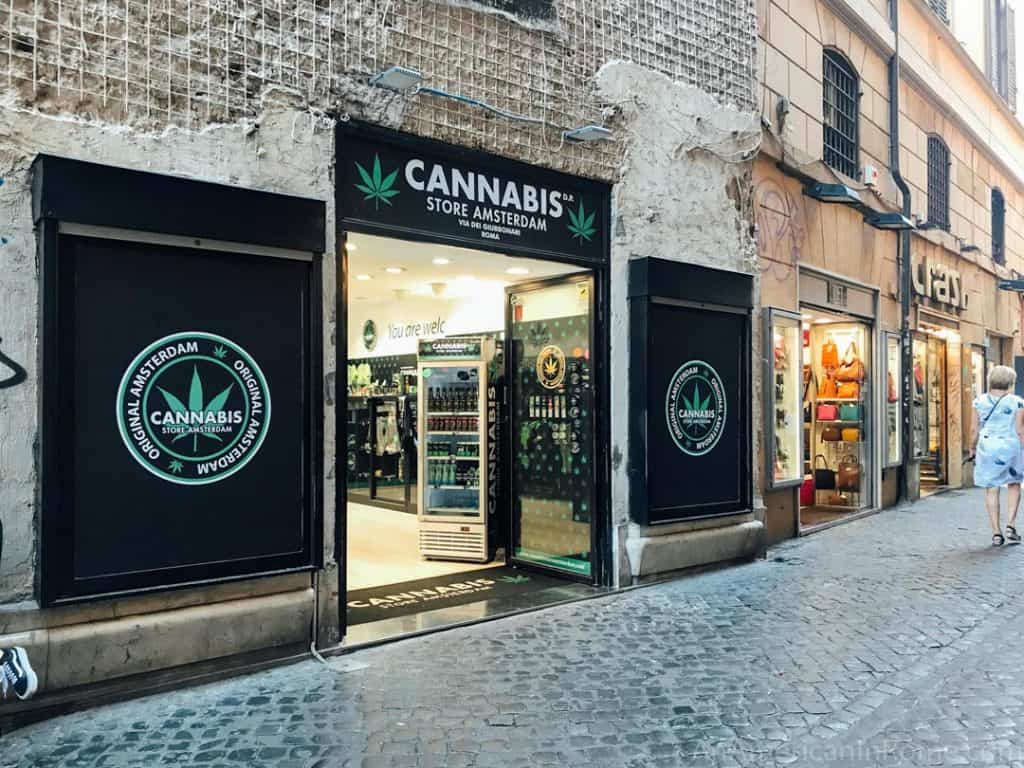
Social and economic impacts
New Zealand’s approach to dealing with weed has historically been ‘prohibition’ based. Under current NZ laws, there’s the possibility of arrest and conviction. This is aimed at deterring people from using/growing and dealing cannabis. The thinking around this has been that a punitive approach would reduce social/health problems resulting from cannabis use.
The reality has been different. Cannabis use hasn’t reduced. Social and health issues resulting from the use of cannabis are growing too. The NZ Drug Foundation say in their most recent survey that 12 percent of New Zealanders (which according to the latest Dept of Stats population data is a whopping 610,116 NZers) have consumed cannabis over the last year. By the time we’ve turned 21, 80 percent of us have tried weed at least once.
One of the critical areas of social harm with cannabis has been the criminalisation of otherwise law-abiding people. According to Norml, NZ Police arrest more people for cannabis per head of population than any other country in the world. Smoking cannabis is a victimless crime and no-one is harmed, yet the disproportionate amount of already thin law enforcement resource devoted to policing cannabis takes away from other areas of crime prevention that are arguably far needier, where real harm is being done.
Once a person is charged with a drug offence, getting a job becomes difficult. Those unable to find work end up on unemployment and other benefits. Ironically, the rise in the number of beneficiaries is also a big election issue.
Making matters worse, the harm resulting from prosecution seems to disproportionally affect Maori and Pacific Island communities. Department of Justice data shows that while 51 per cent of all people arrested for cannabis offences were Pakeha, 57 per cent were non-Pakeha. Of that, Maori and Pacific Islanders made up the lions share (52 per cent) of arrests. Proponents argue that a reduction in the criminalisation of people for cannabis-related offences may play a role in easing New Zealand’s chronic poverty cycle.

Crime
Costs to New Zealand taxpayers don’t just include beneficiaries. Norml says that the NZ Police spent a staggering half a million (598,000) hours on drug-related policing in 2006. Based on the findings of drug foundation data discussed above, it is fair to assume that expenditure has only grown since. This says a recent Law Commission enquiry into the Misuse of Drug Act has cost us over $100 million. Ask anyone whose house has been robbed how much assistance the Police could provide. Their answer is usually something along the lines of “very little.. the police said they are too busy with high priority cases”.
Those in the pro legalisation camp say that legalising weed would free up police resources to focus on crimes where actual harm is being done (e.g. Burglary or murder). Instead of charging people for the possession, cultivation and distribution of cannabis (which they say is a victimless crime whose criminalisation contributes to a growing welfare-dependent underclass), Police could focus on more serious crimes. This could include a crackdown on the rise of harder drugs such as methamphetamine, or as it is more commonly known, “P”. In 2019/20, weed made up 35 per cent of drug-related arrests. Meanwhile, P arrests exploded from 23 per cent of total drug arrests in 2010/11 to over half of all drug arrests (55 per cent) in 2019/20.
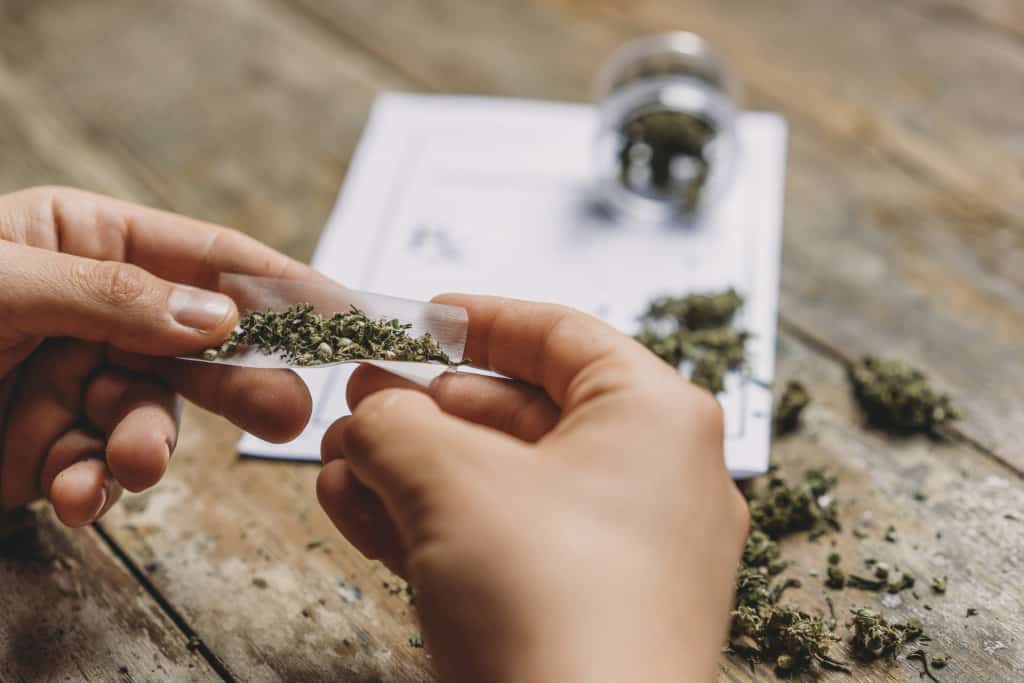
What will happen if cannabis is legalised?
It turns out that it won’t be the uncontrolled, unregulated and even dangerous free-for-all that it is now. If the vote to legalise pot passes, individuals aged 20 or older will be able to possess 14 grams of cannabis. They will also be able to grow two plants at home (the proposed law says there will be a maximum of four plants per household). This could see a reduction in drug-related arrests, freeing up police resources.
The proposed laws also address two contentious areas – youth and gangs. It would still be an offence for those under 20 to use cannabis. Gangs, whose revenues are dependent on easy to grow (and profitable to sell) cannabis, will need to go legit if they want to see an income. The proposed laws will see anyone wishing to sell cannabis requiring a license. This should, in theory, see a reduction in criminal activity around drugs.
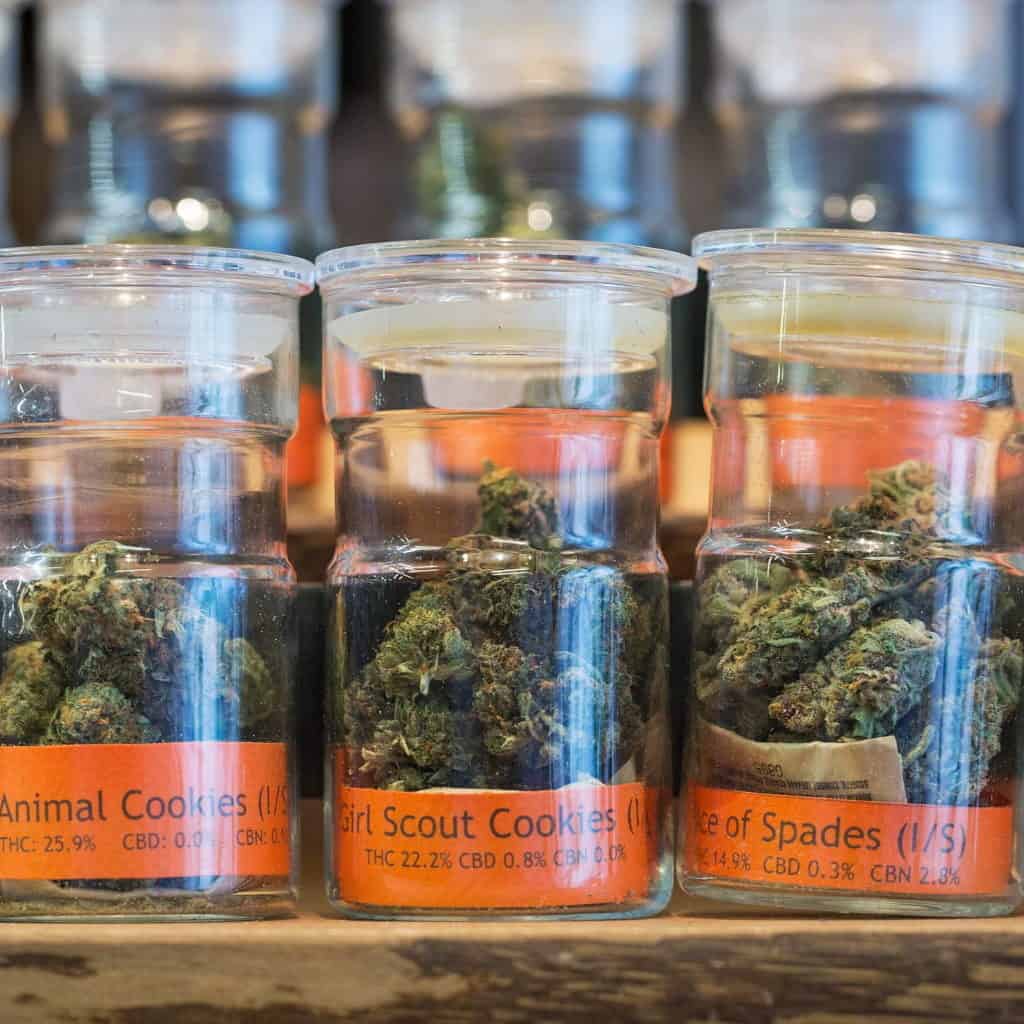
Has weed got stronger?
A widely used argument by detractors is that cannabis has grown in potency and isn’t the semi harmless drug that it is made out to be. A quick check online reveals sensationalised headlines from media outlets that scream “Dope quadruples in THC strength”.
Like so many things sensationalised by the media, the devil is in the detail. Much of the hype comes from a study conducted by the ESR (the Institute of Environmental Science and Research). The NZ Drug foundation debunks the hysteria by examining how the ESR study was conducted. They found that historically, the strength of cannabis had only grown moderately: “The 1996 study measured the THC content of cannabis plants seized by Police from illegal growers and found its potency had been largely stable between 1976 and 1996… It should come as no surprise that scientists were able to cultivate rather potent cannabis under highly controlled conditions in a laboratory and without the need to run as a clandestine operation, but one wonders how legitimate it is to compare the potency of plant matter harvested from this experimental indoor operation with that of the crops seized by Police or product caught at our border.”
The drug foundation argues the ESR methodology is flawed. They also argue that “A better test of changes in THC potency over time would be to continue testing illegally grown cannabis material seized by Police. According to the authors of the 2010 ESR study, this kind of testing is currently underway, and preliminary results show an average THC content of 10.9 per cent. This does indicate a slight increase in potency since 1996, where the highest THC measurement was 9.7 per cent, and most of the samples tested were between 1 and 5 per cent THC”.
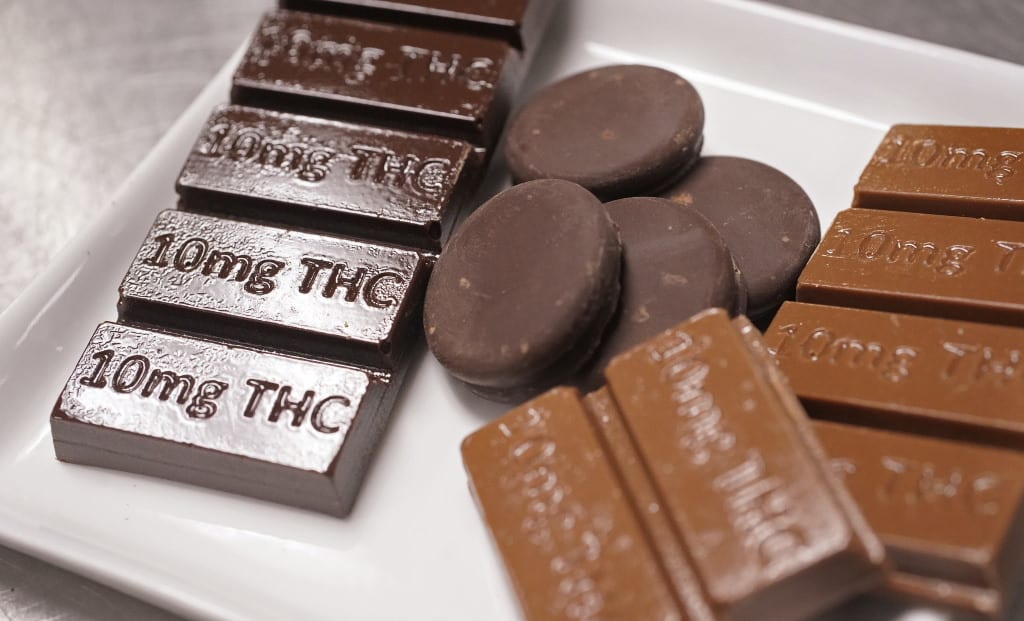
Health issues
Another hotly debated issue centres around potential health issues. According to the Office of the Prime Minister’s Chief Science advisor: “The health impacts of cannabis use aren’t the same for everyone. Some can be beneficial and some harmful. It depends on who is using it, what they are using it for and how often. The health impacts also depend on the type of cannabis being used. Cannabis is variable – it comes in different strengths and products, different parts of the plant can be consumed, and sometimes it is combined with other substances. Cannabis use has health impacts, regardless of whether it is legal or illegal. Still, the impacts may change depending on how the legal market is regulated.”
The health effects of cannabis are best summarised by the Royal Society Te Ap?rangi. They say that while some evidence exists of health issues from the recreational use of weed, its illegality means little research exists on the issue. Because of this, it’s difficult for health professionals to form a definitive view on the health effects of pot and that this is the real danger: “The lack of evidence-based information on both the potential therapeutic effects and harms of cannabis and cannabinoids poses a public health risk”.
Proponents argue that by legalising cannabis, research into cannabis-related health issues could happen and that in turn, this information could be used to help inform the public via education programmes. Critically, cannabis users would not be faced with the potential of prosecution or stigmatisation should they seek help for cannabis-related issues. Others also argue that just as education around tobacco saw tobacco consumption decrease, education around cannabis could help drive a reduction in harmful outcomes.
Further Reading
Don’t take my word for it! There’s a tonne of useful information available online. Do your own research and make up your own mind. Here are some online resources which might prove helpful as a starter for 10
What is the referendum about? This is the Government’s page that provides an unbiased and factual summary of the referendum.
The report of the Panel of the PM’s Chief Science Advisor in cannabis. It sets out the issue using objective research from medical and scientific experts.
The NZ Drug Foundation website also provides a useful summary of the cannabis issue.
For a useful guide to organisations promoting an anti-legalisation view, check out wedosupport nz
The Helen Clark Foundation also put forward their case for cannabis legalisation.




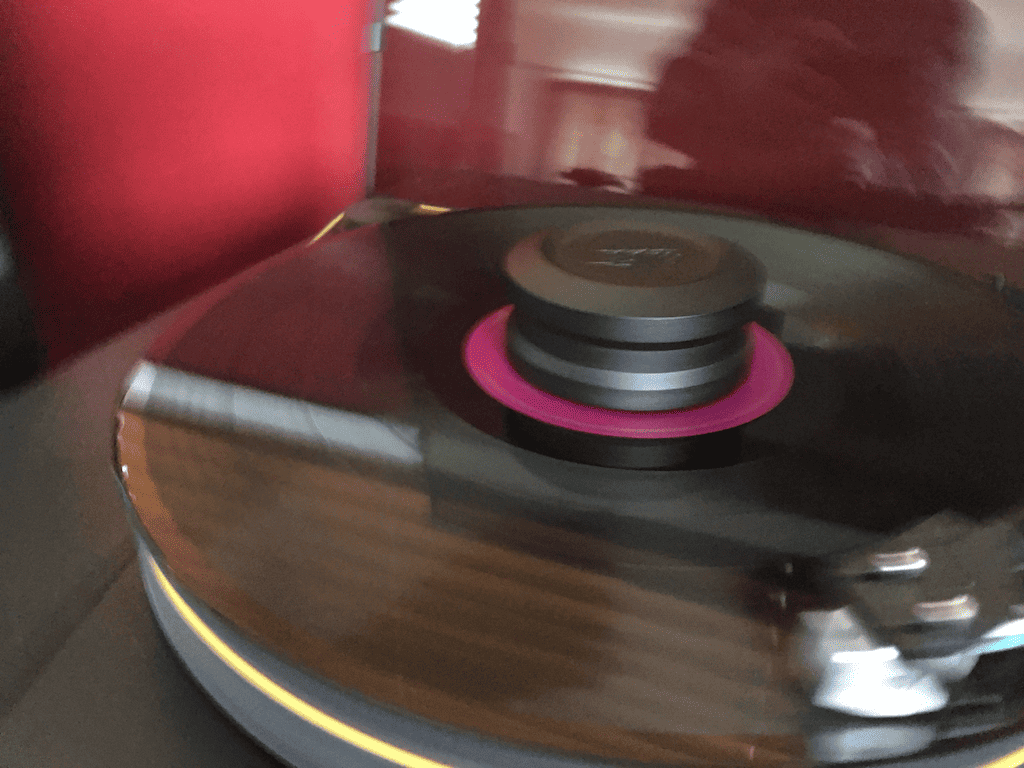



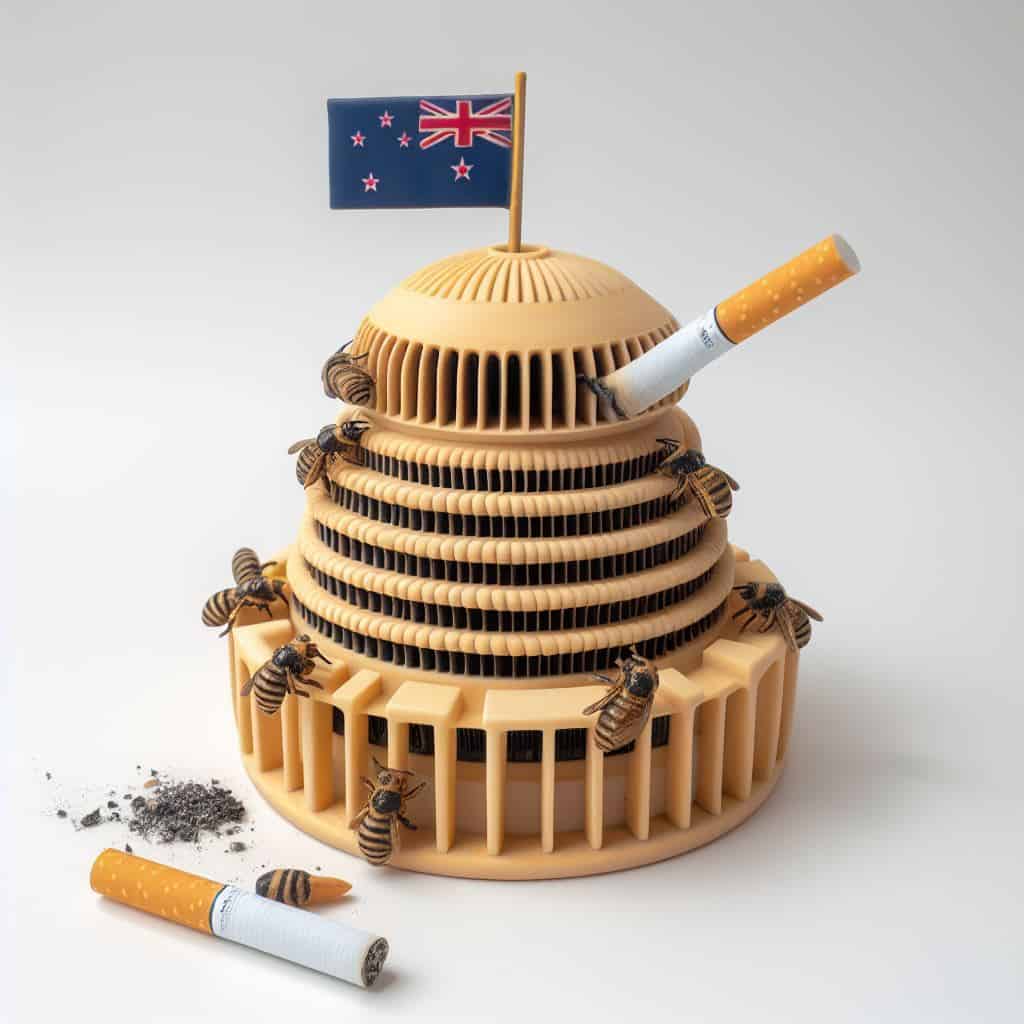
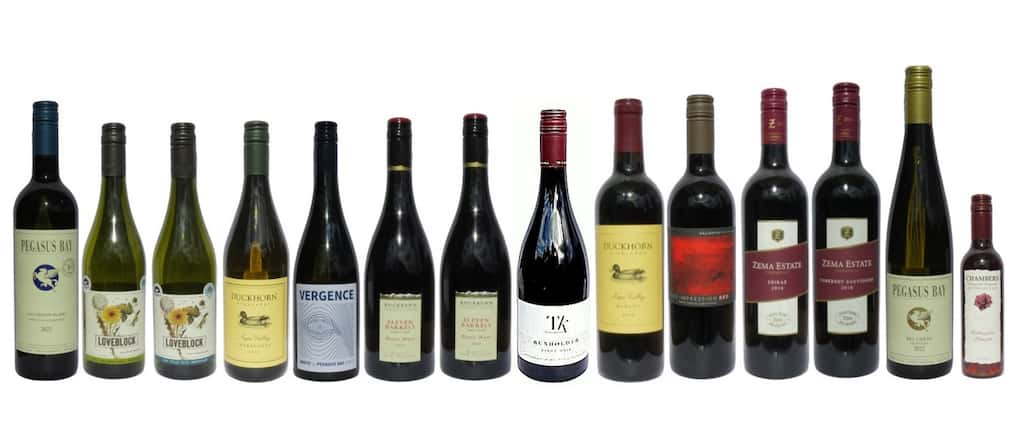

“the criminalisation of otherwise law-abiding people”
I think you’ll find that burglary and murder do that to people too, not a good argument that one.
Russ, people robbing homes or killing other people are causing harm. Smoking weed is a victimless crime. And people charged with it have their lives ruined when they’ve done no harm. It’s a pretty good argument actually
Yeah, don’t see your logic at all, Russ. In fact, it’s logic that’s missing from your pitch. Pat is 100 per cent right.